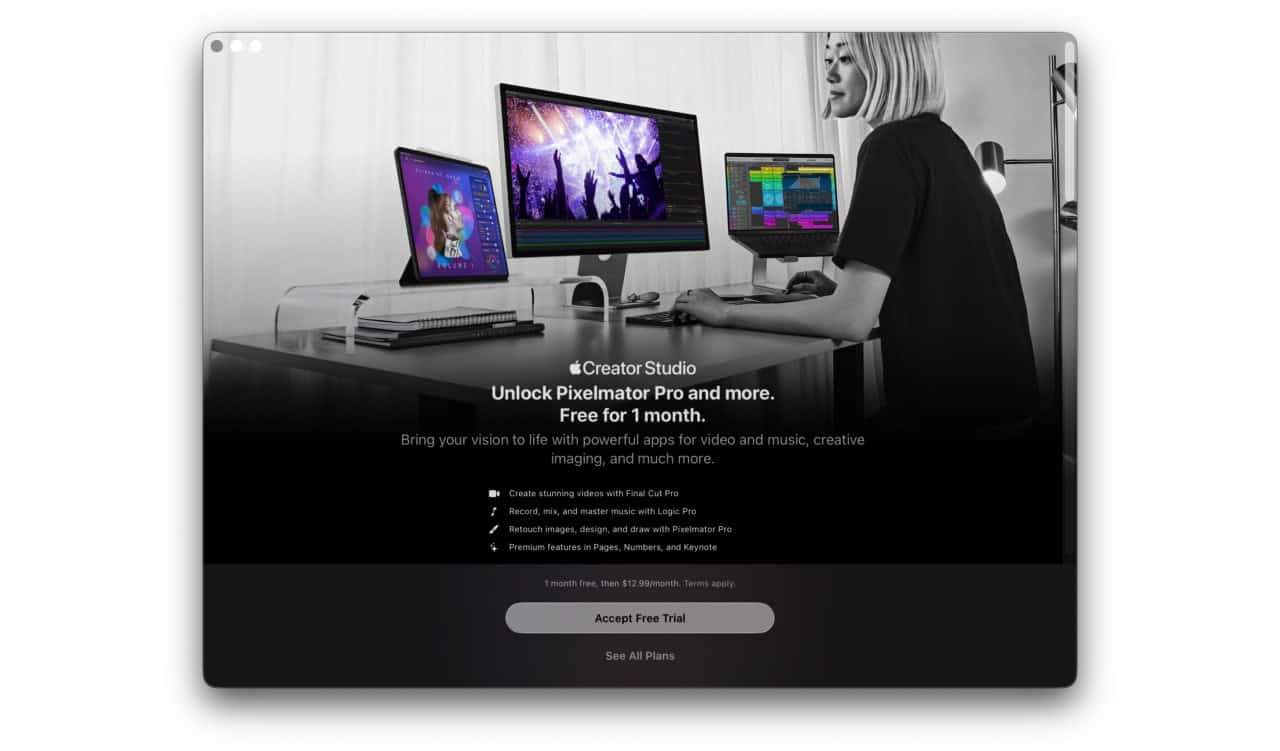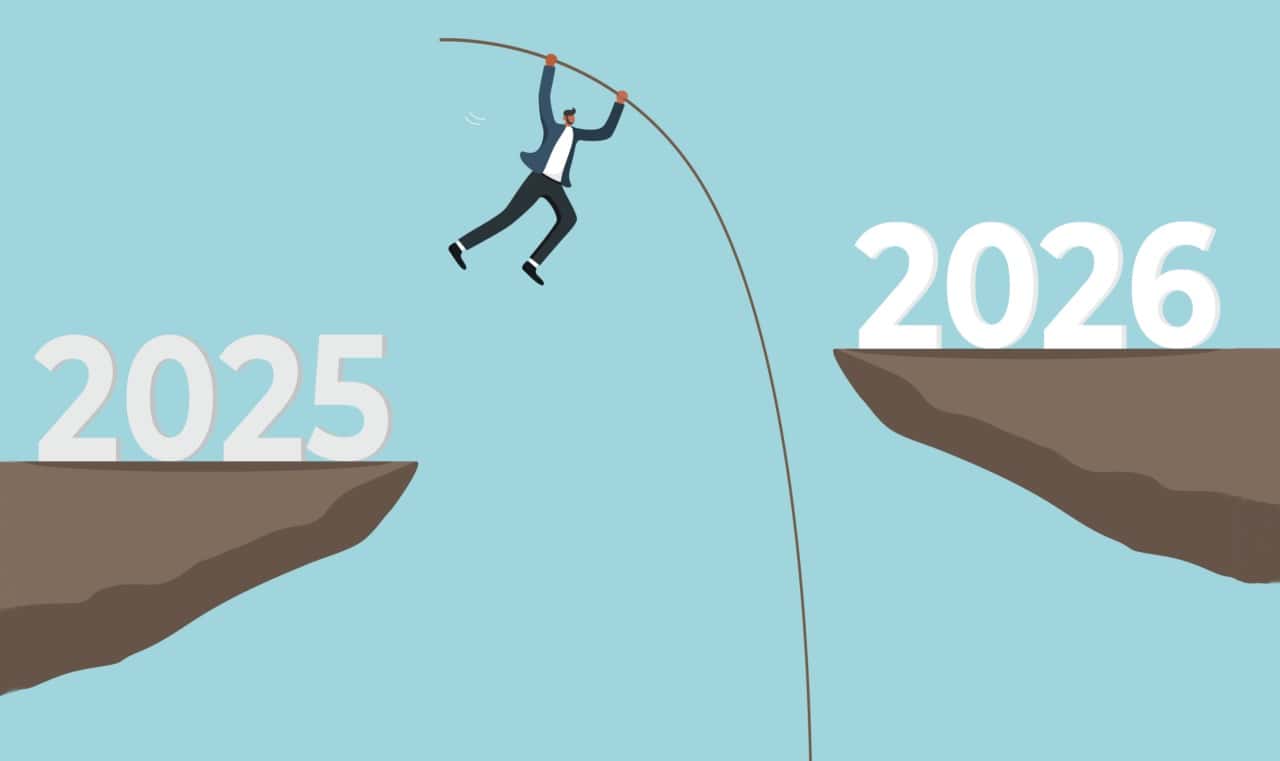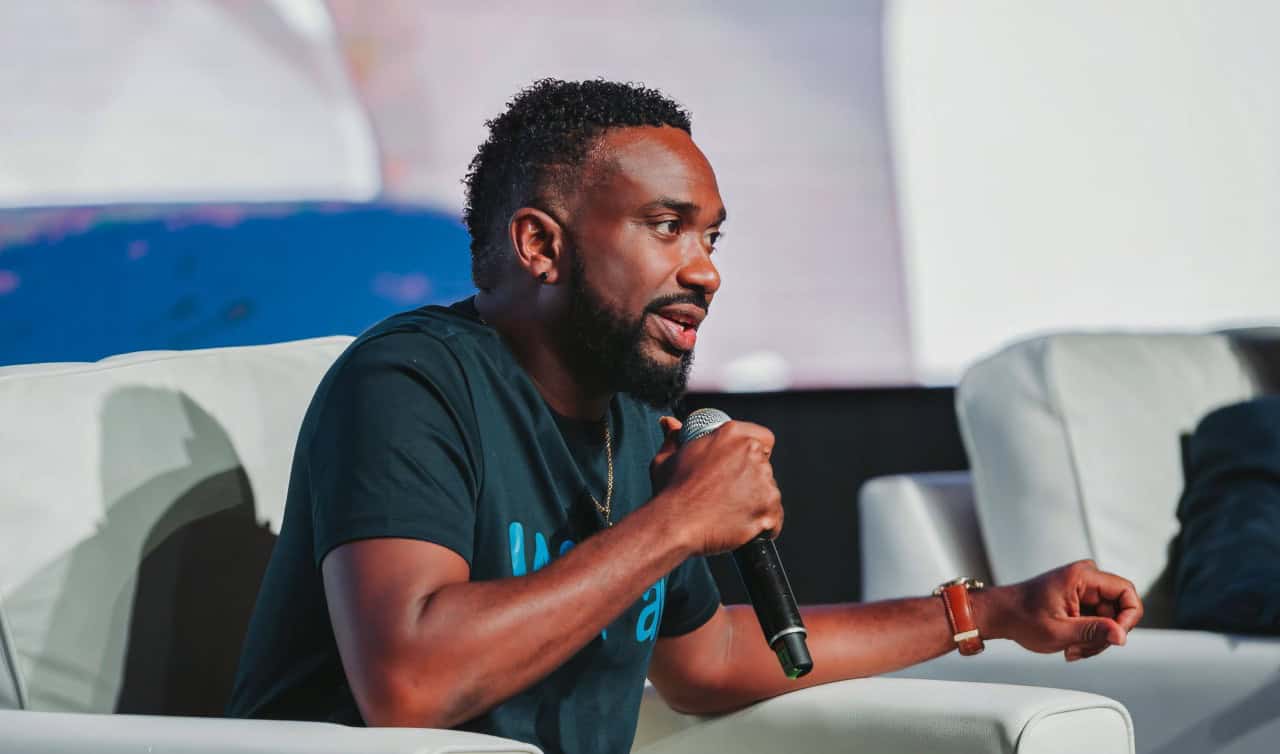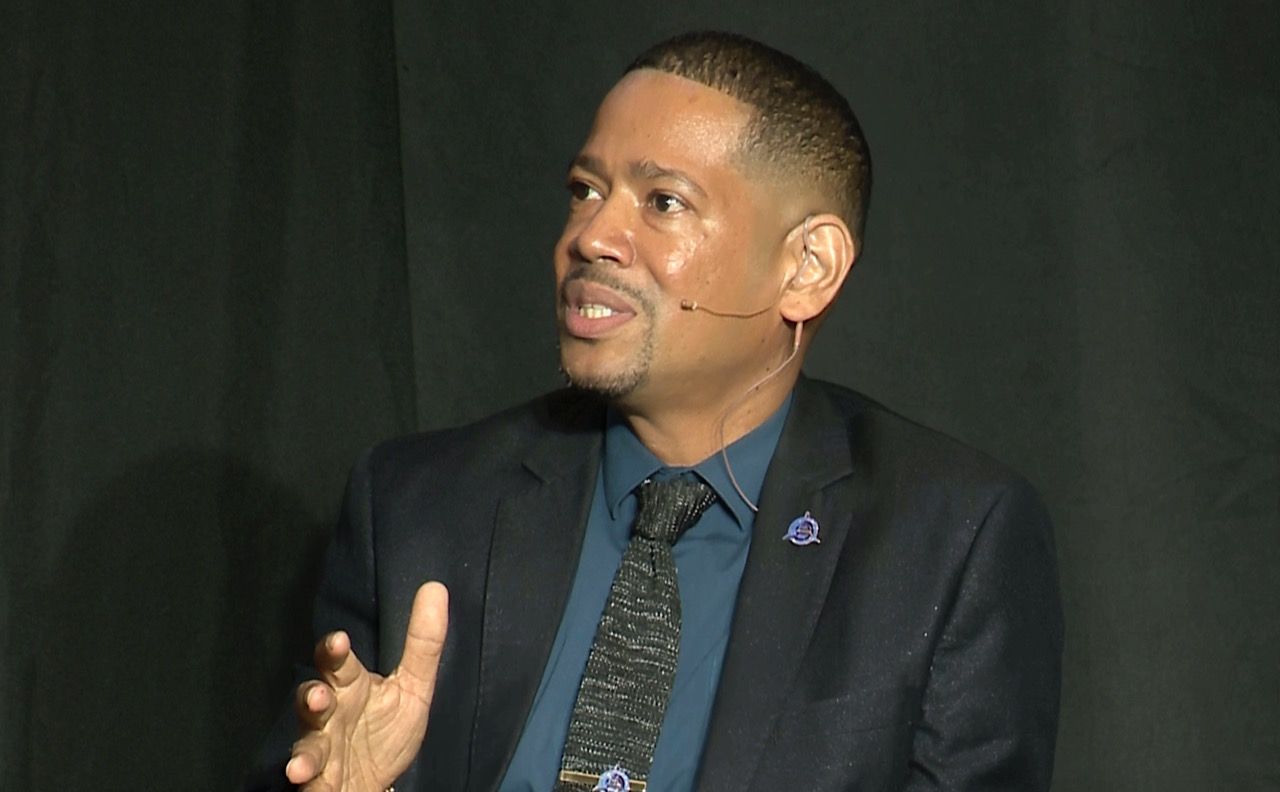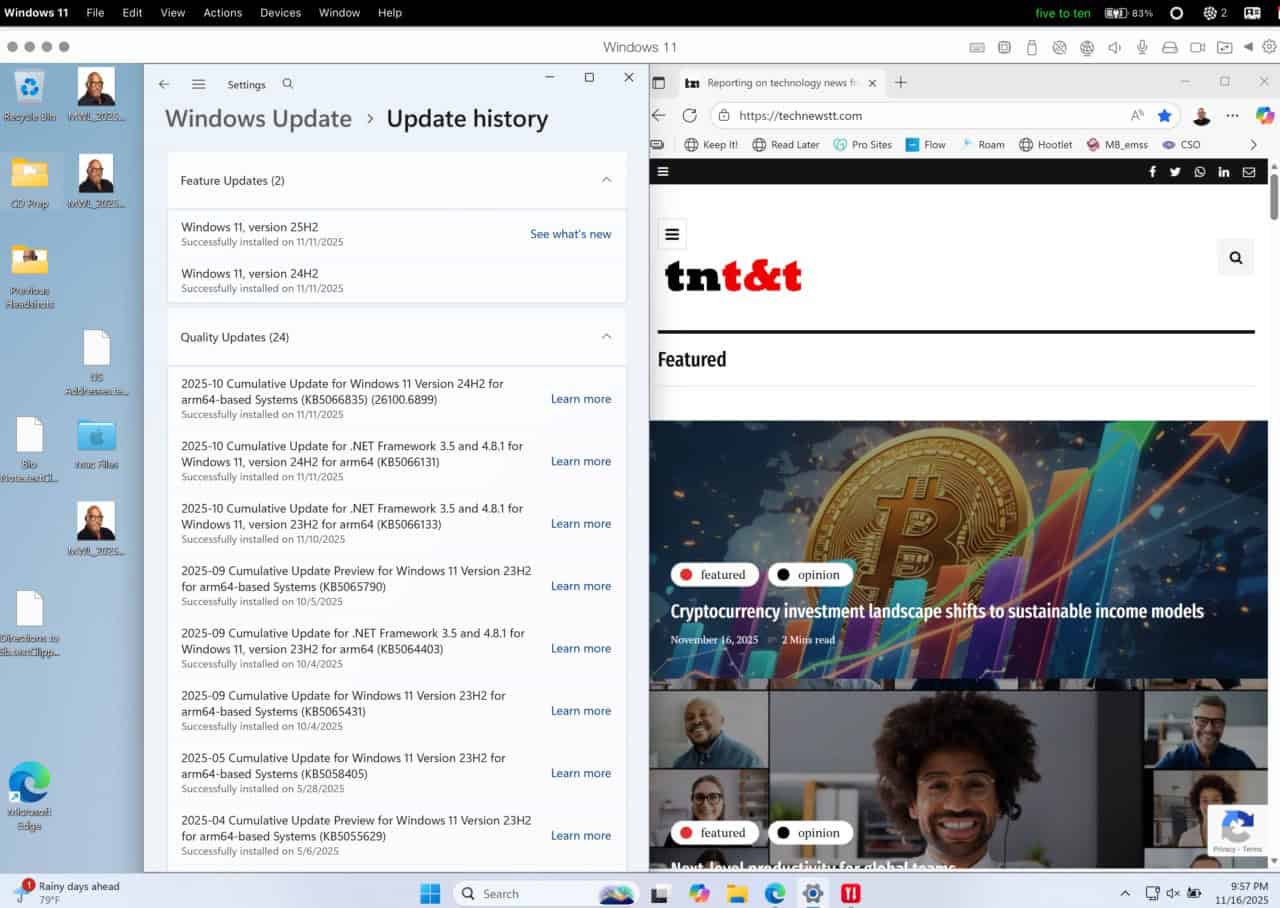
Above: Illustration by lemyppp/DepositPhotos
BitDepth#1403 for 24 April
Following the publication of a study commissioned by Meta, the company announced in an online statement that, “At a time when we face stiff competition and global economic headwinds, our focus is on our core business and responding to what our users want. For most of our users, that’s not news links.”
The statement, issued on March 27 explicitly noted that, “That’s why last year, we began to end support for some tools used by publishers, including Instant Articles, Bulletin and breaking news indicators.”
“We don’t expect to offer new Facebook products specifically for news publishers in the future, because, as this research demonstrates, accessing news is simply not the reason why most people use our apps.”
The study, Meta and the News: Assessing the Value of the Bargain, authored by Dr Jeffrey A. Eisenach at the George Mason University Law School, bluntly examined the relationship between media houses and Facebook and found that the existing relationship was fair.
“The appropriate economic standard for judging the division of value between Meta and news publishers is the “willing buyer/willing seller” (WBWS) or “fair market value” standard, which is widely recognised and applied in the valuation of intellectual property rights in advanced economies,” wrote Eisenach of his analysis.
“The underlying principle behind the WBWS concept is that the price of a good reflects fair market value if it is consistent with the result of an arms-length negotiation in which both parties are well-informed and neither party is compelled to act.”
The thousands of publishers that post their content to Facebook pages do so without a fee, suggesting an exchange of value that is balanced.
Meta argues that even the tiny percentage of news (Meta estimates at most three per cent) that surfaces on the average feed has been described in company surveys of its users as being “too much.”
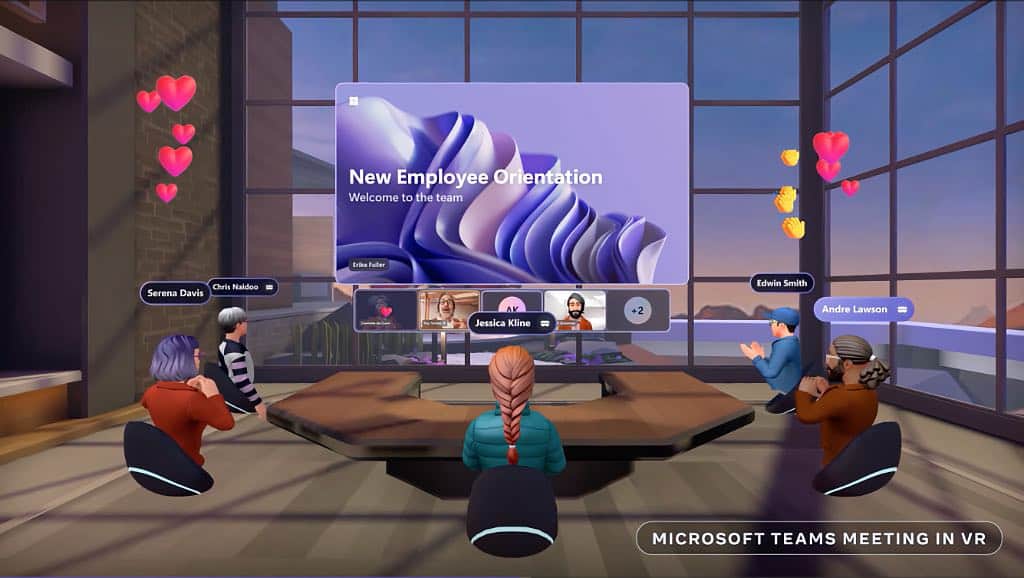
Any notion that Meta actually cares about either the experience of its users or the profitability of the media houses on its platform would be eminently misplaced.
This survey and Meta’s commentary on it are more realistically a response to the push, some of it national, for the company to pay media houses for their intellectual property.
Faced with the enactment of Australia’s Media Bargaining Code, Facebook stopped sharing links to publisher content between February 18th and 25th. Traffic to that country’s news websites fell by 13 per cent during the blackout.
In the UK, there was the proposed Pro-Competition Regime for Digital Markets and concern’s raised by Ofcom.
The US drafted the Journalism Competition and Preservation Act.
Meta responded to running publisher concerns with features to promote more direct engagement with media products and sometimes, cash.
Nieman Labs reported in June 2022 that Meta had paid annual fees of US$15 million to the Washington Post, $20 million to the New York Times and $10 million to the Wall Street Journal for access to paywalled content distributed on Facebook’s News Tab.
Payments or preferential deals to publishers have been part of the media vs social platform contretemps for some time.
In 2020, Google announced that it would pay US$1billion for news placed on preferred panels on Google News.
In 2021, Apple announced that it would reduce its traditional Shylock-sized cut of 30 per cent for first-year subscriptions on its Apple News service.
In 2007, the environment on Facebook was quite different. Links to external content posted to the platform got strong responses then, but the company has fine-tuned its algorithm to its commercial advantage.
If you were around in those early days, when Facebook actively courted content and promoted it on user’s feeds it’s hard not to be horrified by what the company has chosen to become (Cory Doctorow explains the digital product cycle bluntly here).
Publishers have been alternately coddled and jerked around brutally (the notoriety of the ‘pivot to video’ still lingers like day-old fish) but in commissioning this study, Meta isn’t just articulating a position on news; it’s setting the stage to abandon it entirely.

The News tab disappeared in February. Instant Articles will evaporate this month.
Meta is looking to its much touted Metaverse development and to short reels to grab youth marketshare from Tik Tok. It won’t work. None of it will.
People haven’t proven to be wildly enthusiastic about turning their already abstract lives into even more unrealistic pixels.
Tik Tok is itself on the verge of jumping the shark on its own users.
Eisenach’s analysis has its own obverse reality. The value that Facebook derives from its audience only multiplies when that audience is happy with what is on offer. When was the last time that anyone talked about Meta’s flagship product with joy?
There won’t be a mass exodus from Facebook. More like a quiet quit as users explore alternative communities and build connections there.
Publishers need to read the tea leaves that are exploding in their faces. Meta isn’t even hinting here.
News is being positioned as tolerated content on Facebook, how long does anyone think it will be before things go the way of Twitter, which is using access to its APIs as a blunt instrument on volume posting.
Publishers need to stop leaning on social media as a distribution channel and do what should have been done years ago, engage the audience directly using tools under their control.
Let’s not wait until we are on the digital sidewalk staring glumly up at a shower of our personal belongings raining down. Leave with purpose and dignity.







